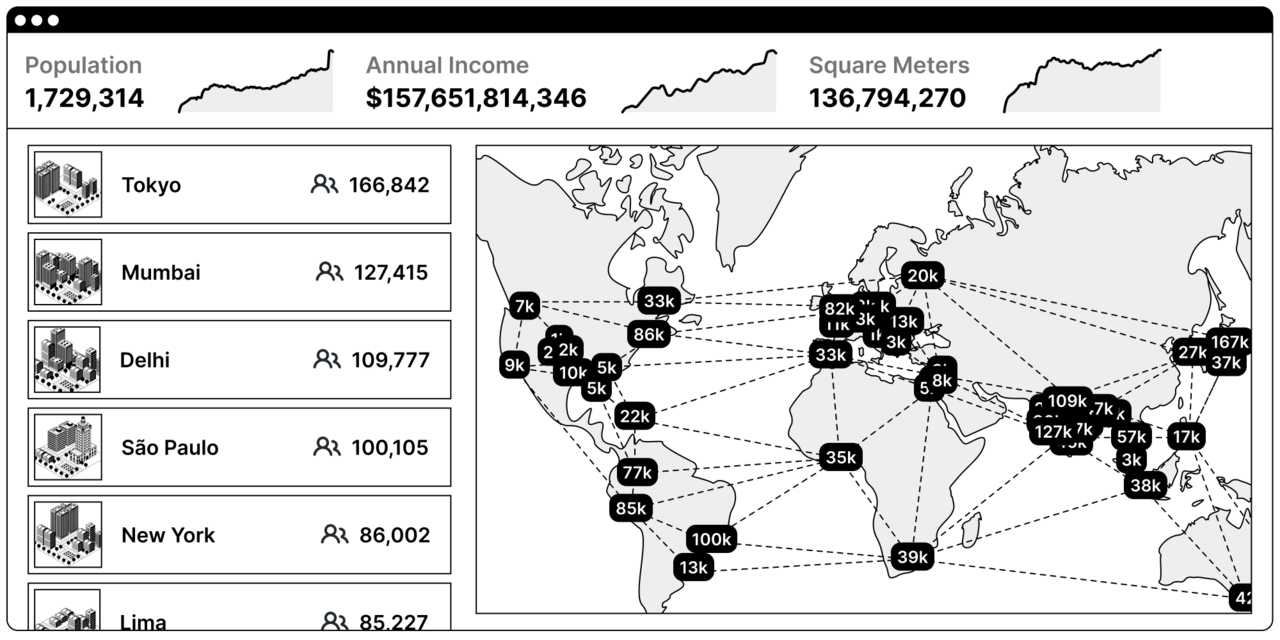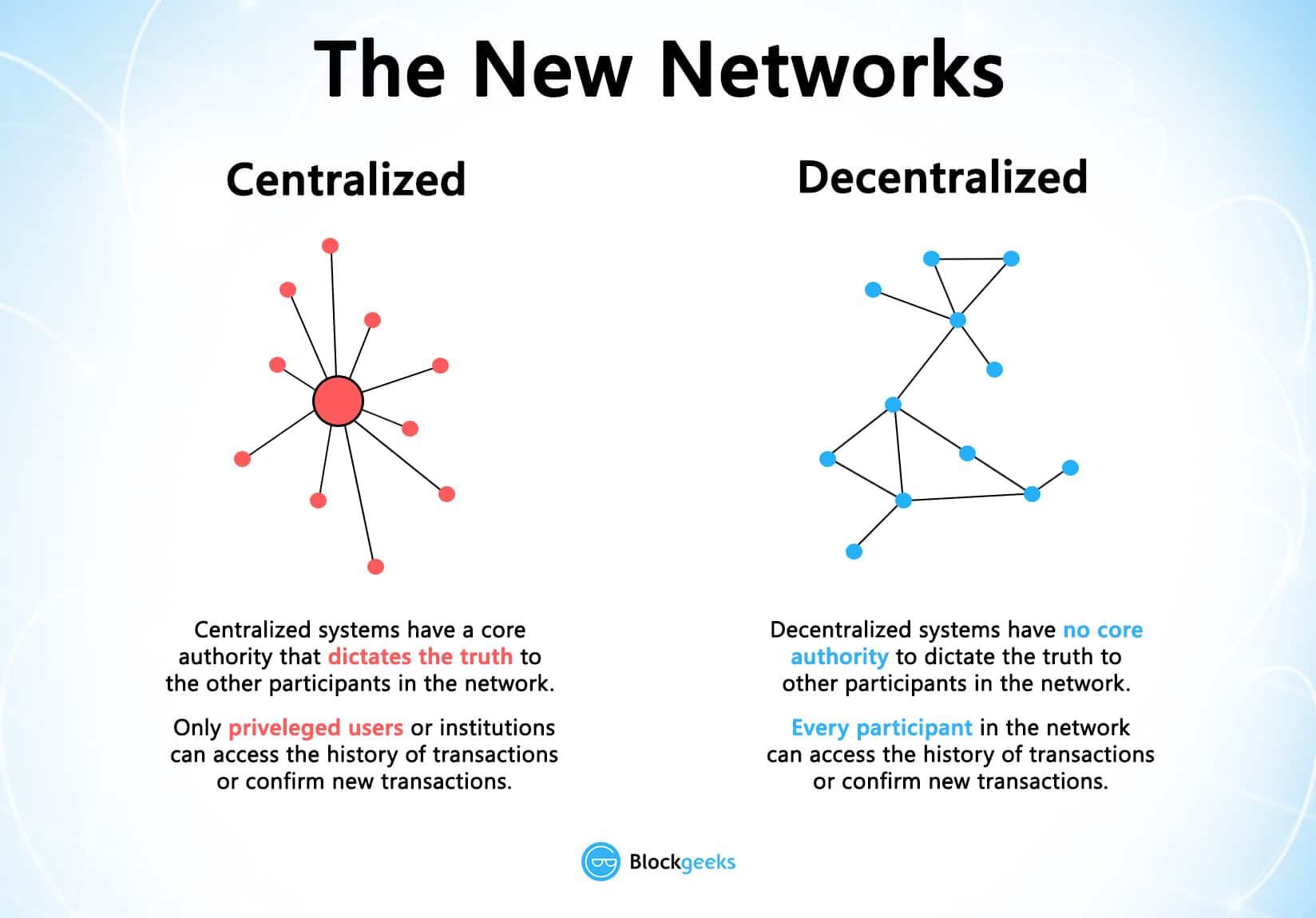🇺🇳 Creating Full-fledged Countries on the Blockchain
Network States and how they can supplement traditional nation states

Today's Highlights
- Network States
- Today's Infographic
- In Other News - a few interesting developments we're tracking.
Network States
In one sentence, a Network State can be defined as a “highly aligned online community with a capacity for collective action that crowdfunds territory around the world and eventually gains diplomatic recognition from pre-existing states.” Instead of thinking of a network state as how much virtual land it occupies like a normal nation-state, a network state is better visualized if thought as how many minds (human beings) occupy the network state and how they connect with each other.
It is a non-convex archipelago of digitally-linked, interconnected enclaves, which means the digital territory of the state is like islands scattered across the world and separated by the internet instead of the ocean.

Facebook is a basic example of a rudimentary network state on Web2 as it grew from a single computer to billions of users worldwide that are interconnected with each other. Even though Facebook has all these users, it doesn’t really function as a full-fledged country due to a lack of an economy and other criteria that make it work as one. Blockchain, however, can allow people to create full-fledged countries.
In a traditional sense, one must first occupy physical territory to create a country. But with a network state, bringing in new citizens is the first priority while physical territory comes way later in the process. After the startup society is created, it is organized into a network union where crowdfunding begins for the state to be diplomatically recognized. The network state is an open source project where people can build architecture in VR, create and facilitate the economy, and create cultural pieces that reflect the purpose of the state.
When real-world territory is finally crowdfunded, it is not contiguous like traditional countries. Instead, the network state is connected by many enclaves across the world, such as a large number of apartments, houses, and neighborhoods. Since the land is not contiguous, there is always room for expansion in any direction, at any enclave.
Since this concept of a network state is relatively new and has not gained any serious traction until the prominence of blockchain, the majority of governments across the world are not going to accept a full-fledged blockchain network state as their own country. Instead, it will take more time, innovation, and education before a true and strong network state is founded.
🧐 Today's Infographic

In Other News





